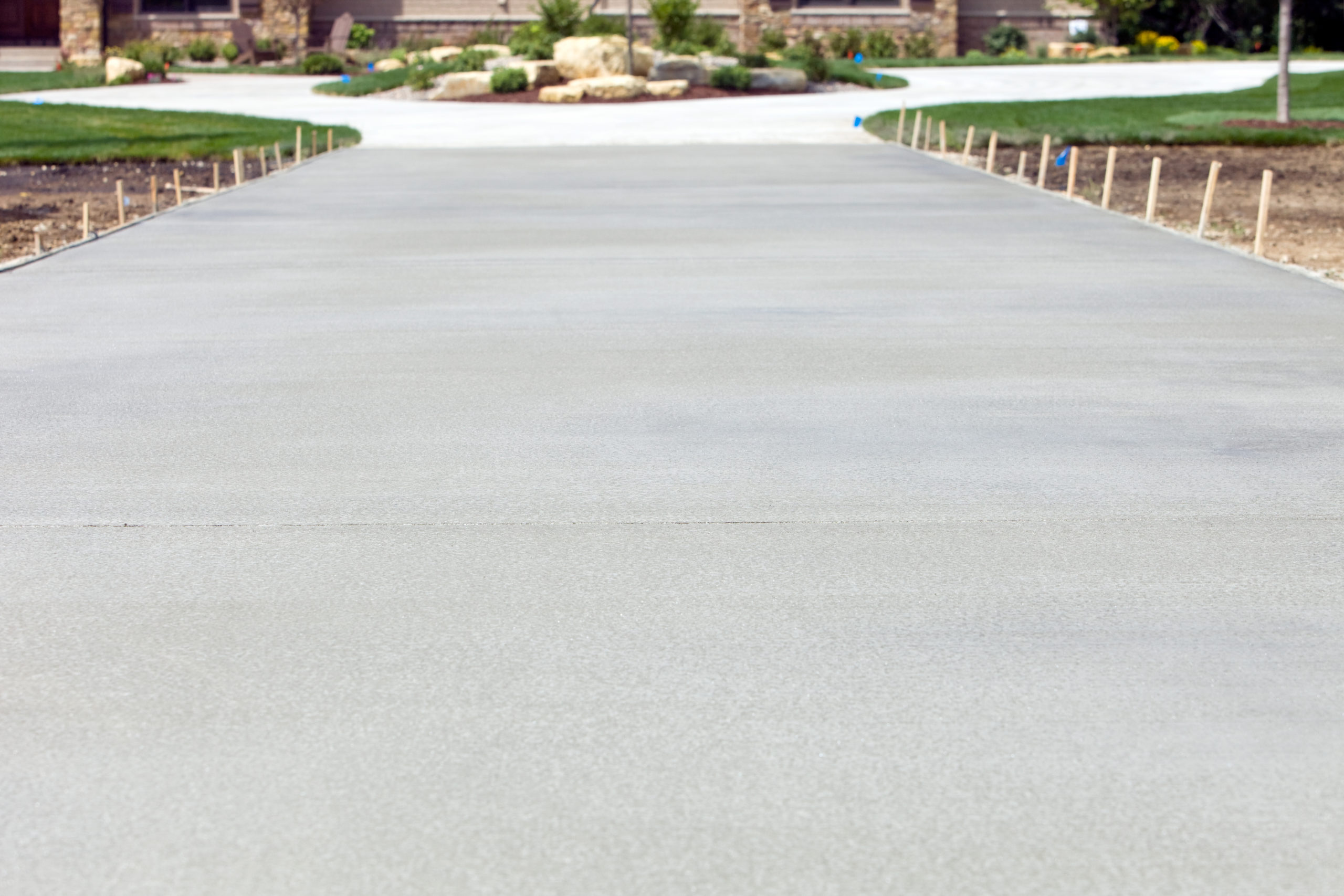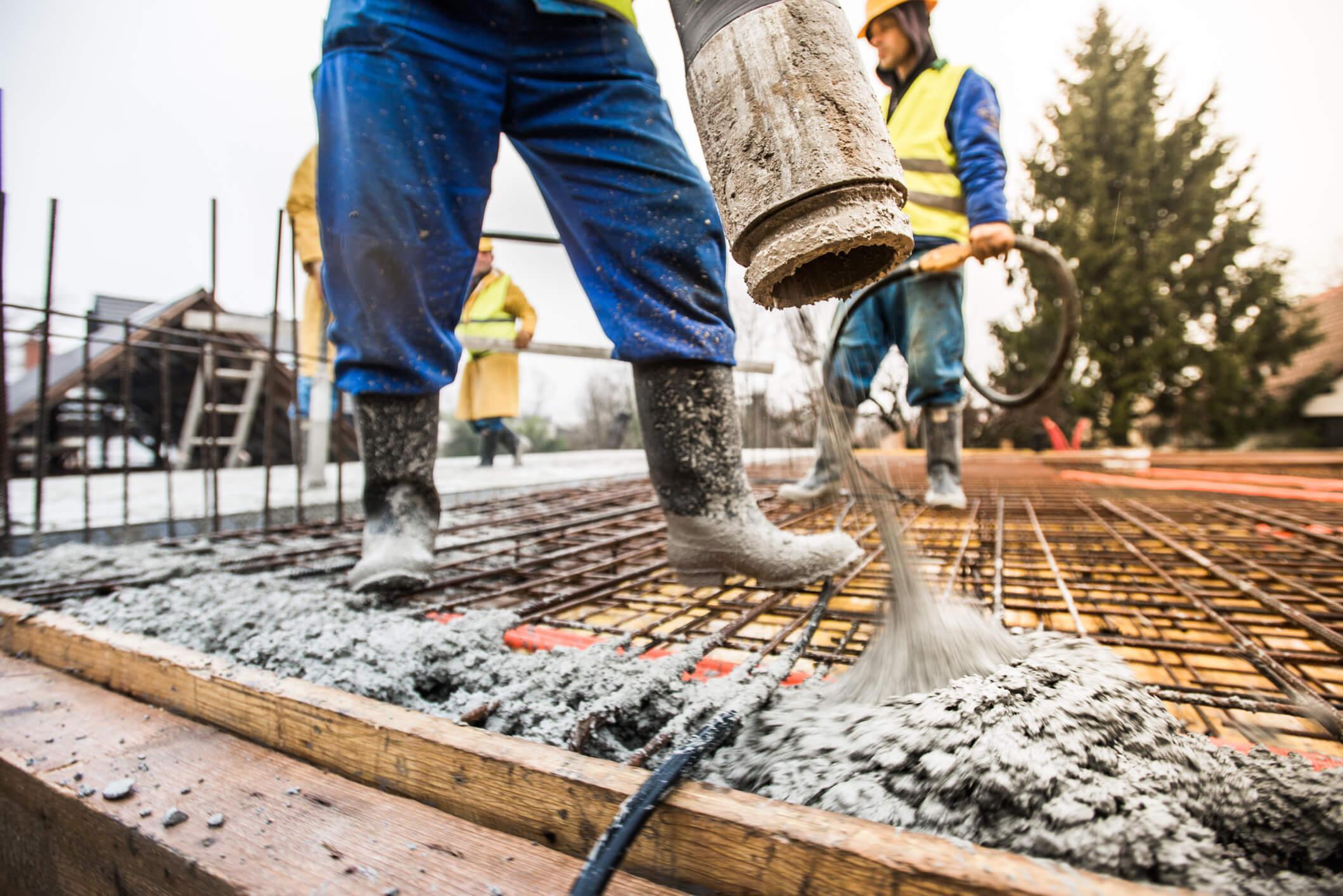Introducing the Eco-Friendly Advantages of Making Use Of Recycled Concrete in Sustainable Building And Construction Practices
In the realm of lasting construction methods, the application of recycled concrete stands as a crucial yet frequently underestimated resource. Past its conventional applications, recycled concrete deals a myriad of environmentally friendly advantages that prolong far beyond the boundaries of conventional building materials.
Environmental Benefits
Undoubtedly, among the most substantial advantages of using recycled concrete is its favorable influence on the setting. By integrating recycled concrete right into building and construction practices, there is a considerable decrease in the need for new resources, causing preservation of all-natural sources. This process aids in maintaining accumulations, water, and power that would certainly have been made use of in creating brand-new concrete. In addition, making use of recycled concrete decreases the quantity of waste being sent to garbage dumps, consequently decreasing environmental air pollution and easing the pressure on land fill capabilities.

In contrast, recycled concrete has a reduced carbon footprint as it reduces the need for new concrete manufacturing. Generally, the environmental benefits of using recycled concrete are significant and play a critical role in promoting environment-friendly construction approaches.
Cost-Efficiency
Accomplishing cost-efficiency is a vital consideration when analyzing the usage of recycled concrete in building and construction tasks. Among the essential benefits of using recycled concrete is its cost-effectiveness compared to standard concrete. The manufacturing of recycled concrete involves much less power and sources as it uses existing materials, decreasing the total project costs dramatically. In addition, the availability of recycled concrete locally can even more decrease transportation expenditures, making it an extra economical option for building tasks.
In addition, the use of recycled concrete can cause financial savings in landfill prices by diverting concrete waste from disposal sites. This not only minimizes the environmental impact but additionally removes the expenses related to waste removal. The durability and efficiency of recycled concrete are similar to standard concrete, making sure that cost savings do not endanger the high quality of the building.
Sturdiness and Toughness
Recycled concrete offers comparable, if not exceptional, resilience and stamina homes to traditional concrete - Concrete. Via developments in processing strategies and high quality control, recycled concrete can fulfill or surpass the efficiency standards of conventional concrete.

Waste Decrease
When it comes to making use of recycled concrete, waste reduction is a key advantage that adds significantly to environmental conservation. By incorporating recycled concrete into building and construction jobs, this waste is repurposed and drawn away from land fills, reducing the overall environmental effect of building and construction activities.
Additionally, the usage of recycled concrete can lead to set you back savings for building and construction projects, as it is frequently a lot more affordable than sourcing and delivering new materials - Concrete. In conclusion, waste decrease with the utilization of recycled concrete is a vital element of lasting construction practices that next benefits both the atmosphere and the building and construction market as a whole.
Energy Preservation
Power preservation is a crucial element of sustainable construction practices, aiming to decrease the general energy usage connected with building procedures and products production. Substantial power financial savings are attained compared to typical concrete production when it comes to utilizing recycled concrete in building. The process of generating recycled concrete involves reusing and squashing existing concrete materials, which eats much less power than mining, handling, and transporting basic materials for new concrete manufacturing. Furthermore, making use of recycled concrete can help decrease the demand for virgin aggregate, more minimizing the energy-intensive extraction and processing of natural deposits.
Conclusion
Finally, the application of recycled concrete in sustainable construction methods provides countless ecological benefits, cost-efficiency, sturdiness, strength, waste decrease, and power preservation. By integrating recycled concrete into construction tasks, we can add to an extra lasting and environmentally friendly future. It is important for the construction industry to focus on using recycled products to help in news reducing the ecological impact of construction tasks.
One of the essential benefits of making use of recycled concrete is its cost-effectiveness contrasted to standard concrete.Furthermore, the use of recycled concrete can lead to cost savings in landfill prices by drawing away concrete waste from disposal sites. The durability and performance of recycled concrete are similar to conventional concrete, guaranteeing that expense savings do not compromise the high quality of the building.
